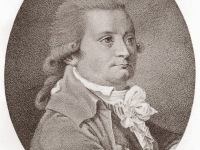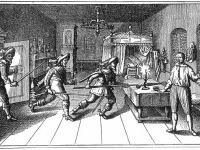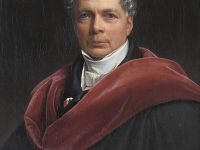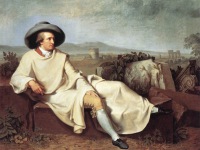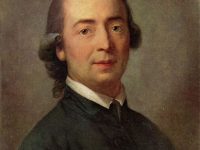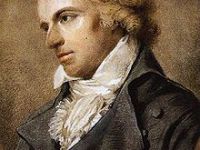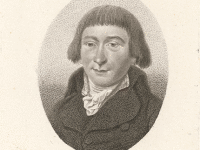August Wilhelm Iffland and the Iffland Ring
On April 19, 1759, German actor and dramatic author August Wilhelm Iffland was born. He was the most important actor of his age and is best remembered for playing the main part of Franz Moor in Friedrich Schiller‘s ‘The Robbers‘.[6] And there is this ring, the Iffland-Ring, which bears Iffland‘s likeness, and is borne by the most important German-speaking actor, as decided by his predecessor. When I first heard the story of the…
Read more

